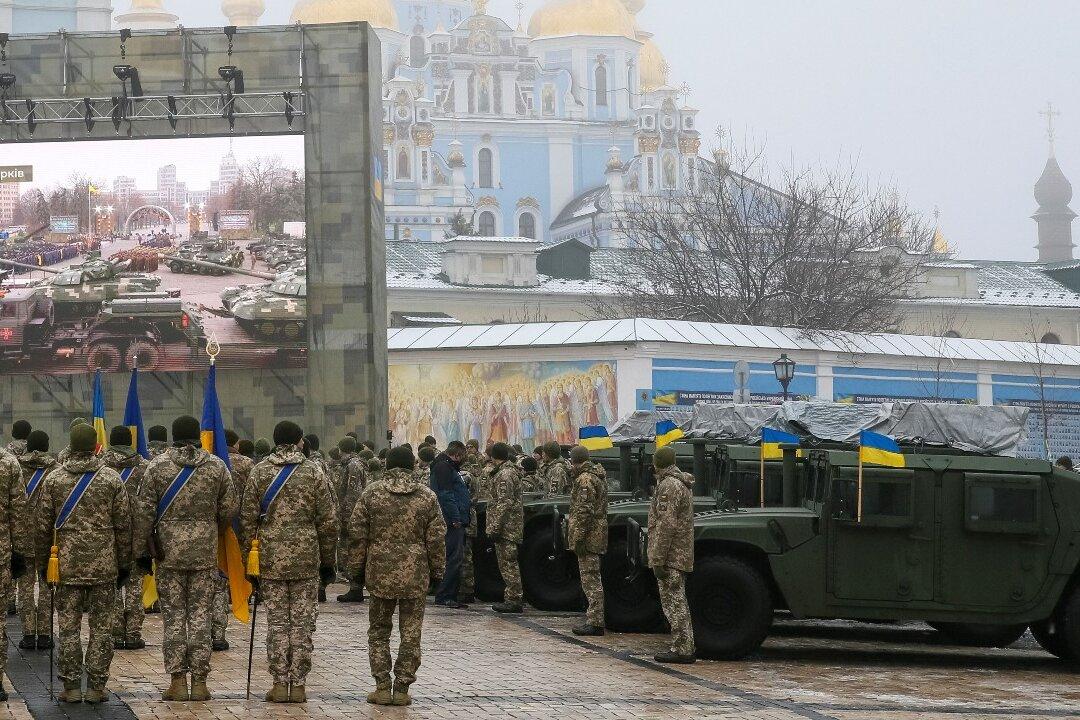Many national security officials are urging the Biden administration to flatly reject Russian proposals to restrict further NATO expansion, but critics say that bluster from Washington is pushing the United States closer to conflict with a nuclear-armed power.
Russia’s Foreign Ministry published a document on Dec. 17 that includes demands that it has made to the United States and NATO. Tensions have mounted in recent weeks over Ukraine. Russian President Vladimir Putin has reportedly amassed more than 100,000 soldiers near the border shared by the two nations.




